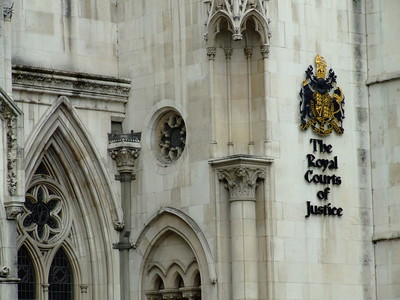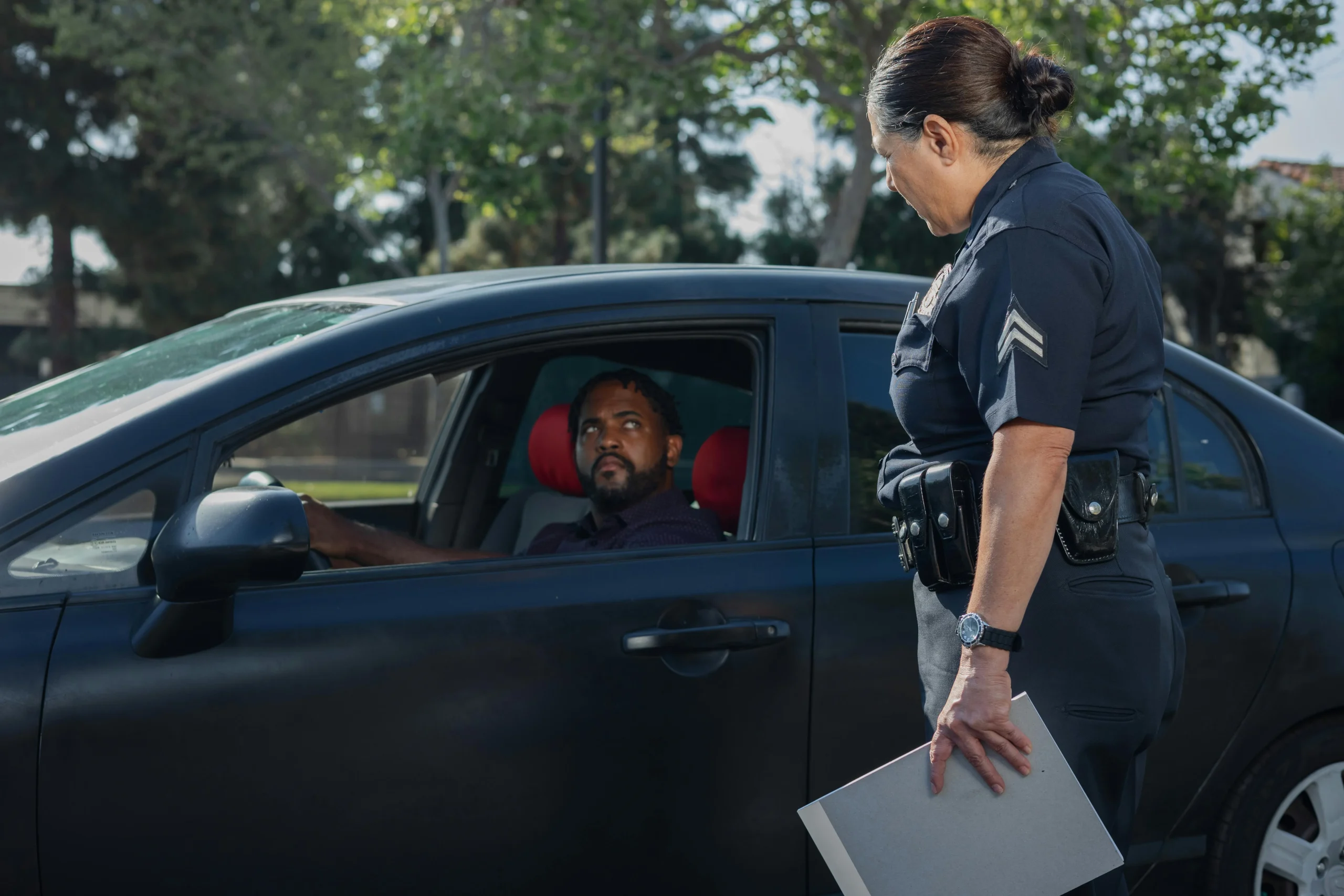
Facing legal issues, whether civil or criminal, can feel overwhelming. The uncertainty, the unfamiliar processes, and the emotional strain can quickly become too much to handle alone. At times like these, there’s nothing more reassuring than knowing you’re fully supported. In this blog, we will cover exactly what criminal law means as well as civil law, and compare the two.
What Is Criminal Law?
Criminal law in the UK deals with offences that are considered harmful to society as a whole, such as theft, assault, murder, and drug offences. The state prosecutes these cases (usually through the Crown Prosecution Service) and, depending on the seriousness of the offence, they are heard in Magistrates’ Courts or Crown Courts.

What Penalties Are Possible?
You may wonder what extent the penalties can reach. If an individual(s) is found guilty, the defendant may face penalties. These could include fines, community orders, or imprisonment. It generally concludes with proof, and the ultimate aim is to prove the defendant’s guilt “beyond a reasonable doubt.”
What About Civil Law?
Civil law in the UK, on the other hand, deals with disputes between individuals, organisations, or both. It covers areas such as contract disputes, property disagreements, family law, and personal injury claims.
Civil cases are usually heard in County Courts or the High Court and are brought by the person or organisation claiming to have been wronged. The standard of proof is lower than in criminal law. Cases are decided on the “balance of probabilities," meaning whichever side’s argument is more likely to be true.

What Is The Aftermath Of Civil Law Cases?
The aftermath of civil law cases in the UK usually involves one party being found liable and being ordered to remedy the wrong they caused. This typically includes:
- Financial Compensation (Damages) – The most common outcome. The losing party may have to pay money to the claimant to cover losses, injuries, or harm suffered.
- Injunctions – A court order requiring a party to do or stop doing something, such as halting construction or ceasing a business practice.
- Specific Performance – In contract cases, a court might order someone to carry out their part of the agreement rather than just paying damages.
- Costs – Usually, whoever is the losing party within the case will be ordered to pay just some or the entirety of the legal costs of the winning individual.
This is an insight into one of the main differences between criminal law and civil law. The goal of civil law is to resolve disputes and provide remedies. Therefore, this excludes the necessity to penalise those in the wrong.
Differences Between Criminal & Civil Law
After analysing the definitions and examples of the two laws, it is important to identify the contrasts between them. Aside from We can split the differences into multiple sections, starting with the general purpose of the two individually.
Purpose
The beginning and end purposes of the two laws differ quite significantly. Criminal law is much firmer with intent and a lot more general. The reason being, it aims to punish wrongdoing and protect society. On the other hand, civil law is about providing compensation for disputes. Criminal law regards public protection and safety, whereas civil law focuses on private rights.
Parties Involved
This is fairly self-explanatory once you are familiar with the purpose. Seen as criminal law is typically involved in serious cases against society. It is mainly just the defendant vs the Crown Court. This is where it differs, as civil law is between two parties, such as the defendant and the individual or organisation.

Proof Determination
A favourable result is important to all who are involved. Unfortunately, not all cases can be resolved to the proof, and it will have to come down to the reasonableness of the statements brought forward. This circumstance refers to civil law. When a decision is concluded with proof and beyond a reasonable doubt, that is criminal law.
Standard Of Guilt
- Guilty/not guilty = criminal law
- Liable/not liable = civil law
The difference exists to reflect the nature of the case, criminality vs responsibility.
Let Professional Solicitors Fight Your Case
Whether you want to begin a case on criminal or civil law, make sure you are doing it with experts who care about your outcome. At Broadbent Solicitors, we offer a variety of legal services to help individuals, families, businesses, and more come out successfully. We do not let your needs go unnoticed, and we put our utmost efforts into supporting your situation.
Why Consider Expert Solicitors For Your Problems?
There is nothing more reassuring than knowing you are fully supported. With us, you are not just supported, you are heard, given reliable legal advice, and placed in responsible, experienced hands. We understand that pursuing legal action can be a stressful and uncertain time. Depending on the seriousness of your circumstances, it can affect even the smallest aspects of your daily life.
We fully recognise the emotional strain and the ongoing effort required to resolve legal matters. With our dedicated and approachable team, you can feel confident that your case will be handled with care, precision, and a commitment to achieving the best possible outcome.
Contact Broadbents Solicitors Today!
Our expertise has helped so many, making us a highly respected and trusted solicitor company across the UK, specifically in Derbyshire and Nottinghamshire. Click on the following to view our services available near you: Heanor, Derby, Alfreton.
Experience is vital in this industry, and with over 200 years of expertise, you can expect the highest quality service and process. Contact us today to speak to our amazing team, who are always happy to help!






